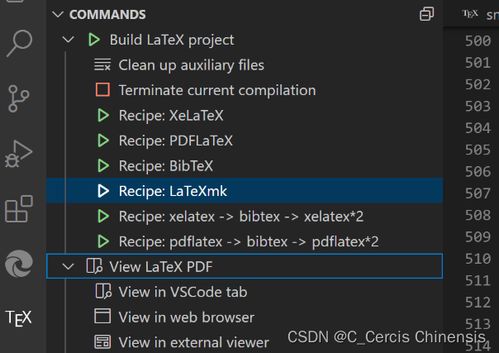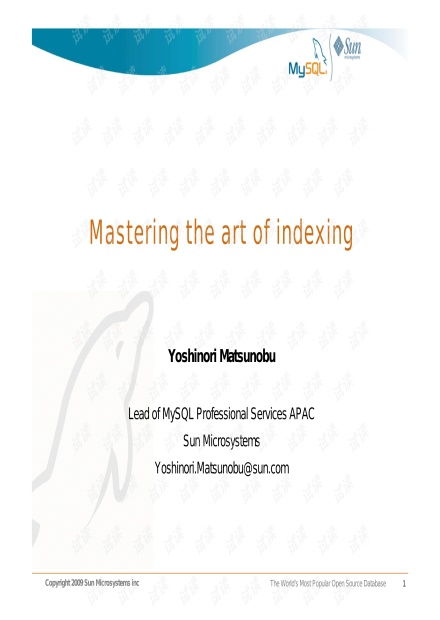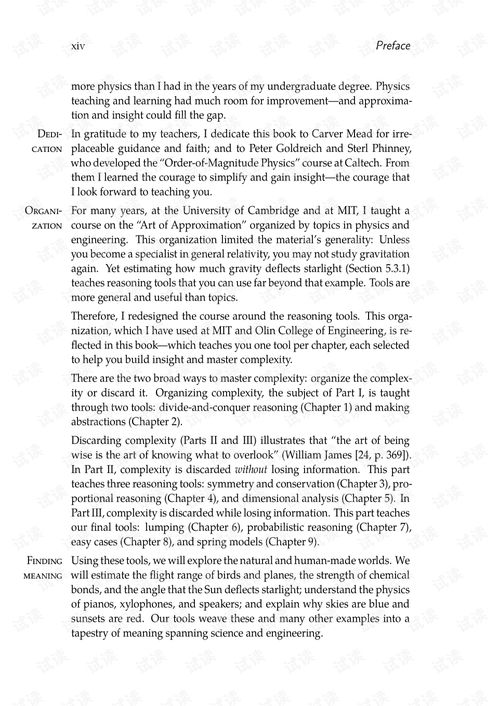"The Art of Angling: Crafting a 300-Word Diary of Fishing Techniques"
Article Content:
Introduction: Keeping a fishing diary is a fantastic way to document your angling experiences and refine your skills over time. In this article, we'll guide you on how to write a concise yet informative 300-word diary entry focusing on fishing techniques. Whether you're a seasoned angler or a beginner, a well-written diary can be a valuable tool for improvement.
Body:

Start with a Brief Introduction Begin your diary entry by briefly mentioning the date, location, and type of fishing you engaged in. For example, "On a sunny Saturday afternoon, I visited the serene Lake Bluebird to try my hand at fly fishing."
Highlight the Technique Focus on one specific technique you employed during your fishing trip. This could be a new method you learned, an improvement on an existing technique, or a particularly effective approach. For instance, "Today, I decided to experiment with a new technique called 'the twitch-and-pause' method, which involves gently twitching the fly line to mimic the movement of a struggling baitfish."
Describe the Experience Detail your experience with the technique. Explain how you executed it, any challenges you faced, and the results. For example, "I found that the twitch-and-pause method was quite effective in triggering strikes from the trout. However, I struggled with maintaining a consistent rhythm, which resulted in some missed opportunities."
Analyze the Technique Reflect on the technique's effectiveness and its potential for improvement. Discuss what you learned and how you might adjust your approach in the future. "Upon reviewing my footage, I realized that my pauses were too long, causing the fly to sink too deep. I plan to shorten the pauses and increase the frequency of twitches to keep the fly closer to the surface."
Include a Personal Note End your diary entry with a personal note or reflection. This could be about the experience itself, the weather, or the company you kept. "The tranquility of Lake Bluebird was a perfect backdrop for my fishing adventure. I'm looking forward to returning soon and refining my twitch-and-pause technique."
Conclusion: Writing a 300-word diary of fishing techniques is a simple yet effective way to document your angling experiences and improve your skills. By focusing on one technique, describing your experience, analyzing its effectiveness, and reflecting on your personal notes, you can create a valuable resource for your fishing journey.
This article provides a structured format for a 300-word diary entry, ensuring that it is informative, engaging, and reflective of your angling experiences.












